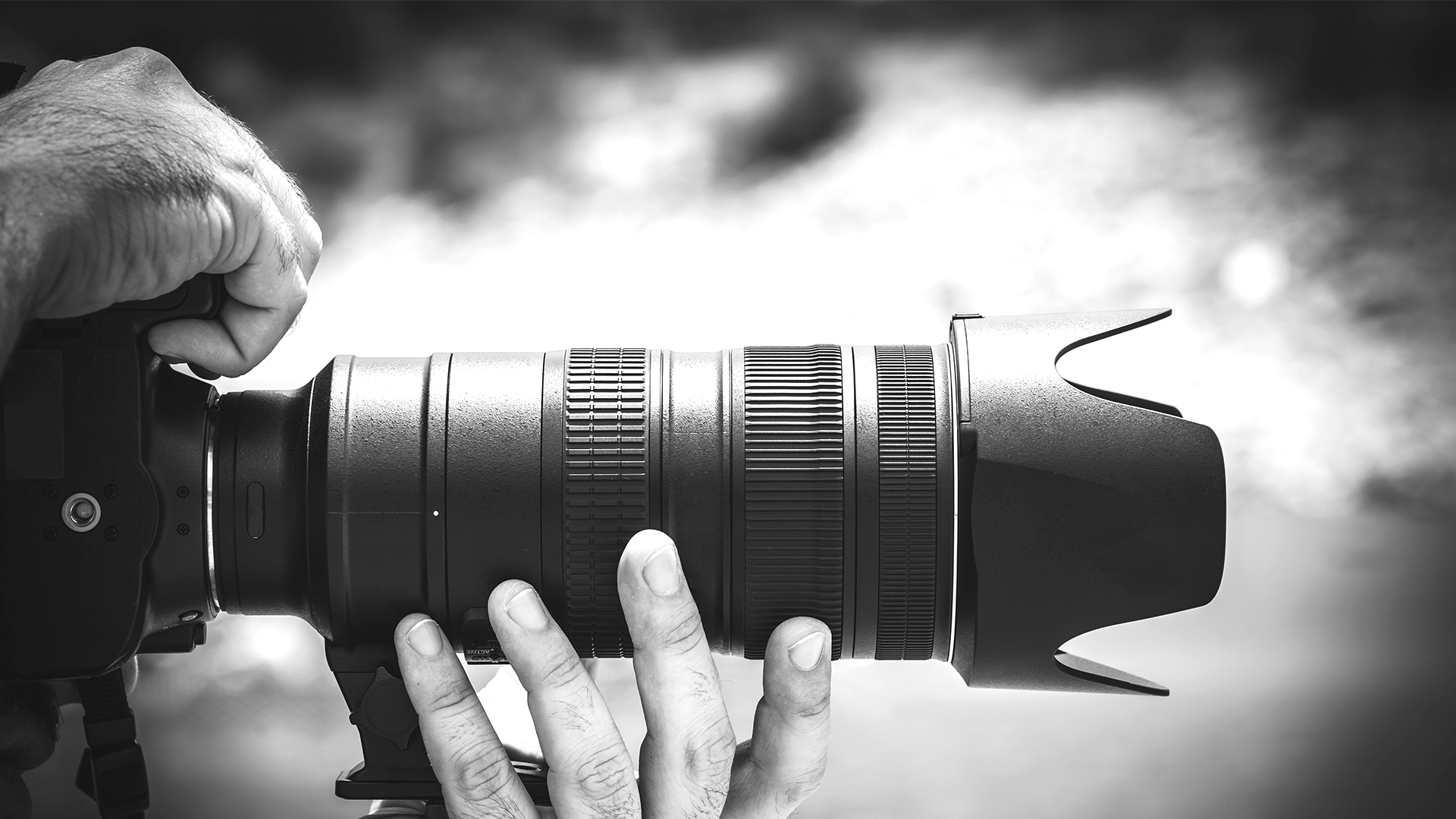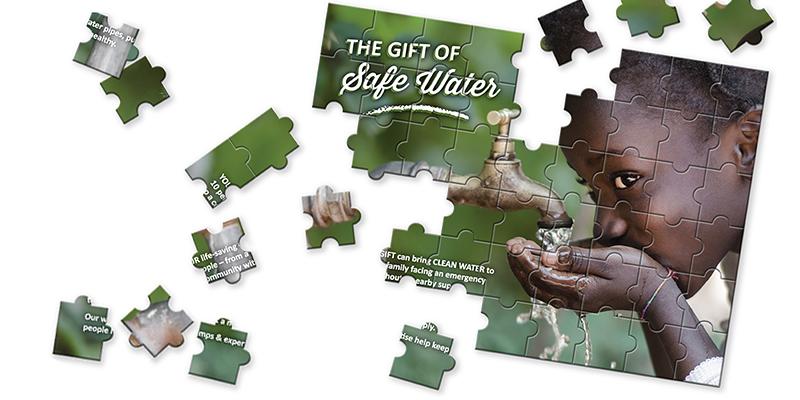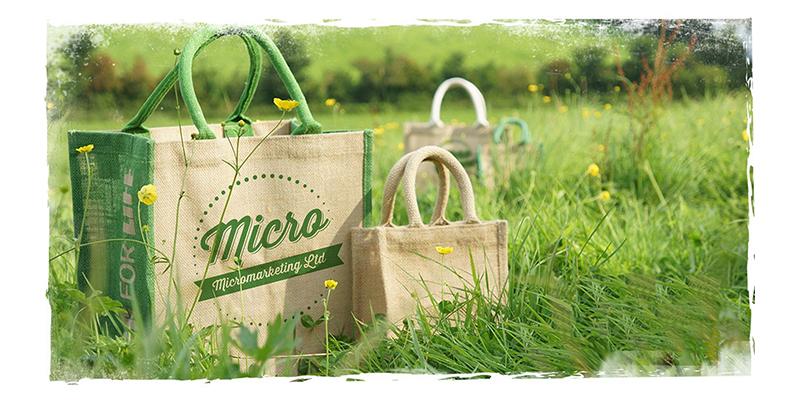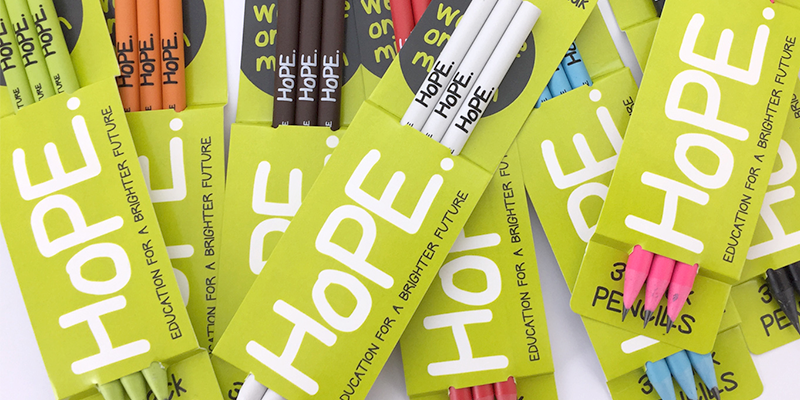As we settle in to 2019, make sure you’re in the know with some of the most talked about global trends.
Single-Use Plastics
Throwaway plastic is still a hot topic in 2019 with the world’s largest producer of bottled drinks manufacturing 128 billion bottles a year (National Geographic). Many corporations are now taking action but Marine Conservation Charity “Surfers Against Sewage” state that we still have approximately 5,000 items of plastic pollution per mile of beach in the UK. Consumers are changing their own behaviour to reduce plastic waste, leaving packaging behind at supermarket tills and swapping less-informed purchases for environmentally friendly choices.
Bioplastics & Alternatives to Single-Use Plastic
Providing alternatives to single-use plastics such as bioplastics, recycled paper and recycled reusable travel mugs (instead of coffee cups) should be high on your radar in 2019. Eloquently stated by Mintel, 2018, bio-based packaging materials are “set to be a key component to the next generation of responsible packaging”. Bioplastics look just like single-use plastics but can decompose in food waste within 12 weeks. Other alternatives include recyclable plastics produced with 100% green energy, products made from sustainable plants such as sugar cane and products such as umbrellas made from recycled PET bottles.
Read: "Small Steps Your Business can take to Minimise its Impact on the Environment"
Smart Wearable Technology
Fitness trackers and smart watches are the number one fitness trend for 2019, according to the worldwide survey conducted by the American College of Sports Medicine (ACSM). Today, over 14 billion products are “connected” with smart technology that, for example, enables your fridge to add milk to your Amazon shopping list or enables your phone to turn your living room light on whilst you are away on holiday.
Health & Wellbeing
People are taking their personal health more seriously, conducting their own research and taking more control over what they eat, how they live and their mental and emotional wellbeing. Products, services and content which supports or empowers this way of thinking could set you ahead in 2019.
Appealing to Millennials
Millennials are the largest generation since the Baby Boomers! Born between the early 80s and the 90s, almost 50% of buyers conducting initial research in 2014 were millennials (Google). Whether you’re in a B2B environment or not, Millennials need consideration. To quote the IBM report, To buy or not to buy? How Millennials are reshaping B2B marketing, this generation is “…the most educated, most tech-savvy, most connected, thrifty, and socially and environmentally conscious.”
So there you have it, a select glimpse from hundreds of trends set to change the global landscape in 2019.
Read: Small Steps Your Business can take to Reduce its Impact on the Environment









